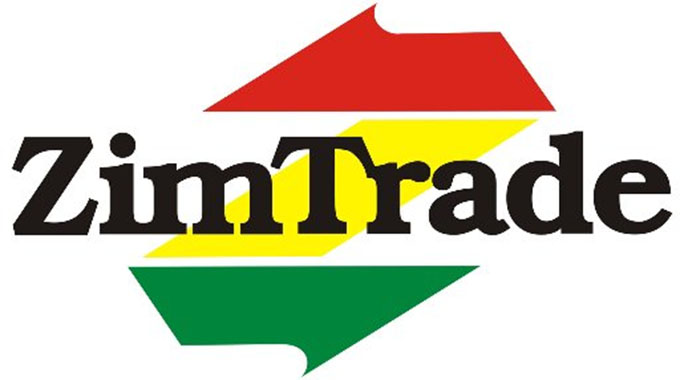Alcohol, tobacco levy to fund healthcare services
THE Ministry of Health and Child Care is proposing an alcohol and tobacco levy to fund healthcare services in the country.
Responding to priority issues raised by the Portfolio Committee on Health chaired by Dr Ruth Labode at the pre-budget seminar underway in Victoria Falls, Vice President Dr Constantino Chiwenga who is also Health and Child Care Minister said the country can raise money for health needs without having to tax all its citizens.
Dr Chiwenga implored Ministry of Finance and Economic Development to abide by the Abuja Declaration which recommended setting aside 15 percent of the national budget for health services as this will go a long way in implementation of the National Development Strategy 1 (NDS1).
“The Ministry of Health would like to start by acknowledging the support we are getting from the Ministry of Finance with the 13 percent budget it is our hope that as we go forward the Ministry of Finance will be able to implement the Abuja Declaration of 15 percent allocation to healthcare services.
“However, allow me to point out that besides the 15 percent, it is our sincere plea that the Ministry should prioritise allocating more funding to the health sector which has proved to be the backbone of the economy. We are cognisant that this will take a bit of some time, but if the nation is not healthy, we cannot grow, we cannot develop and therefore a healthy nation is mandatory for us to grow our economy,” said the VP.
“The ministry is proposing that a certain percentage of the Zinara funds be ring-fenced to finance health services such as purchasing of ambulances required in cases of road traffic accidents and the treatment of victims of accidents requiring hospitalisation.
“It is also proposed that a certain number of cigarettes be reserved for financing health.
If we take a packet of 20 cigarettes and remove four cigarettes, it means every five packets sold one goes to the national health services. With regard to alcohol, a certain number of bottles should contribute to financing of healthcare services. I am saying we cannot collect a two percent tax from non-users of these things so if we can take be it a cent from every bottle of alcohol and it goes to national health services it will help.”
The VP said the funds will go a long way in addressing the scourge of cancer and other health needs.
Dr Chiwenga said the levies can be collected at the source by charging manufacturers or dealers who would be required to acquit to Government.
He said while Zimbabwe’s health sector has been heavily dependent on donor funding, it’s time for more funding from Government. “While the health sector is one of those with huge donor support, we are glad to tell you that Government support to the health sector has increased significantly in the past three years. There has been a gradual increase in the percentage of total funding for health by Finance Ministry gone from US$287million in 2014 to US$949.3 million in The 54 percent increase can be attributed to both increase in domestic funding and
decrease in external funding.
“I think, the Ministry of Finance on that score they have done a tremendous job and we ask that they continue on that trajectory so that at the end we can be able to stand on our own and say if the donors come fine, if they don’t come still, we will be okay,” he said.
Dr Chiwenga commended Treasury for prioritising the health sector in foreign currency allocation saying there has been an increase in access for procurement of equipment and medical supplies in 2021, with US$90,million recently approved for procurement of Covid-19 equipment and medical supplies.
Dr Chiwenga said the country expects to begin open-heart surgeries at Parirenyatwa Hospital in Harare in 2022 and implored Treasury to finance the initiative.
He said significant funds should be set aside for construction of health facilities and mobile clinics around the country.
Dr Chiwenga said funds should be set aside for free mental health treatment at a time when abuse of drugs is a serious societal challenge leading to mental challenges especially among the youths.
He said there should be funds set aside for contraceptives and sanitary wear although the Health Ministry has been supporting this through public health facilities with provision of family planning services. – The Chronicle












